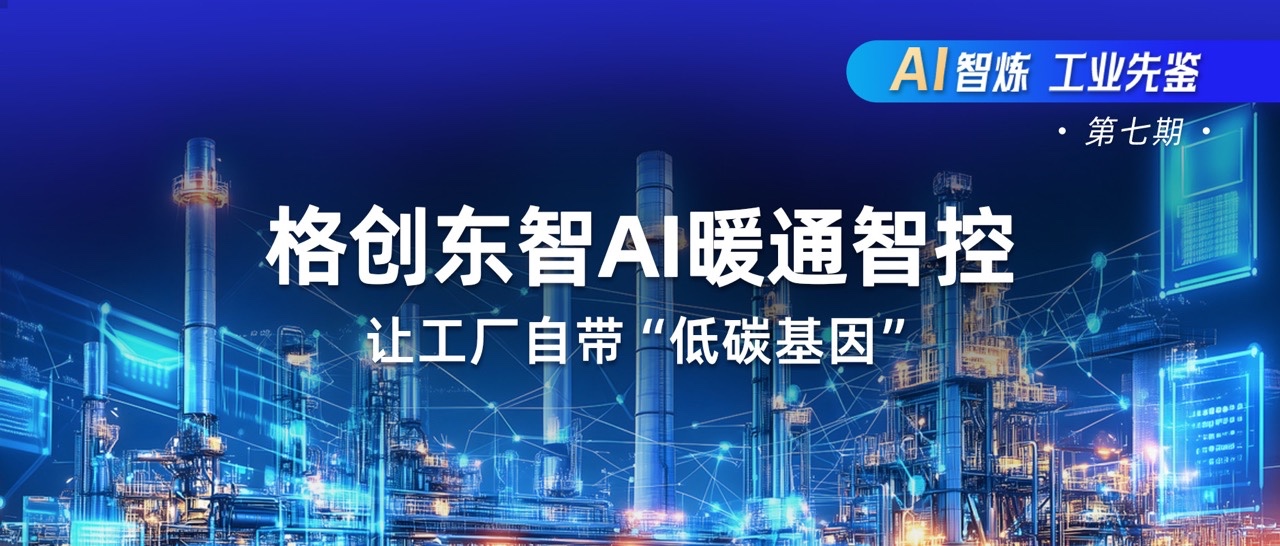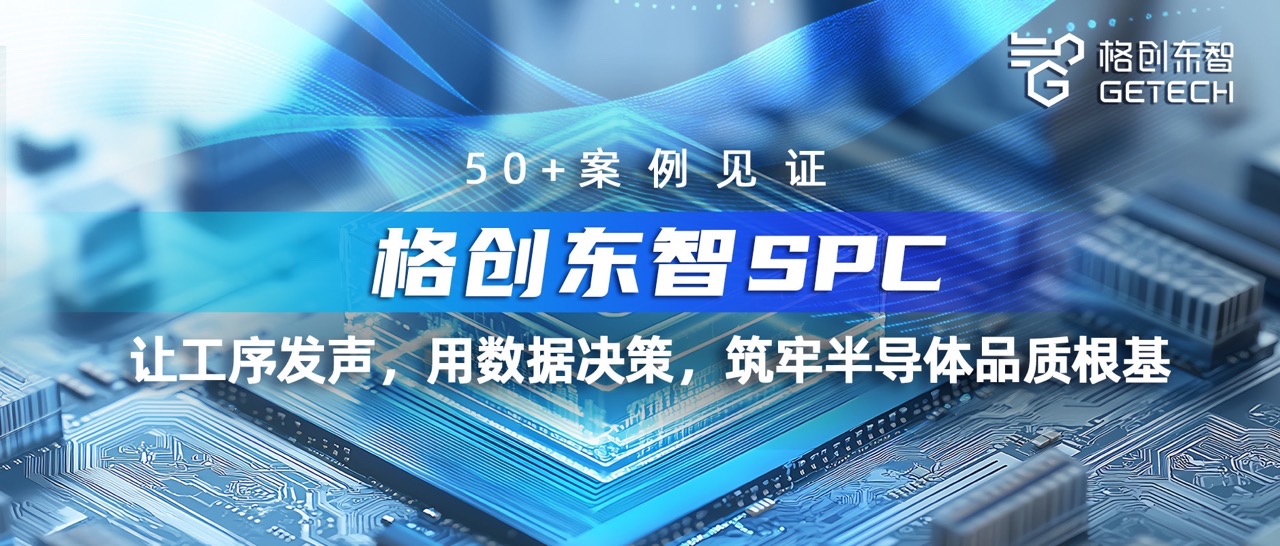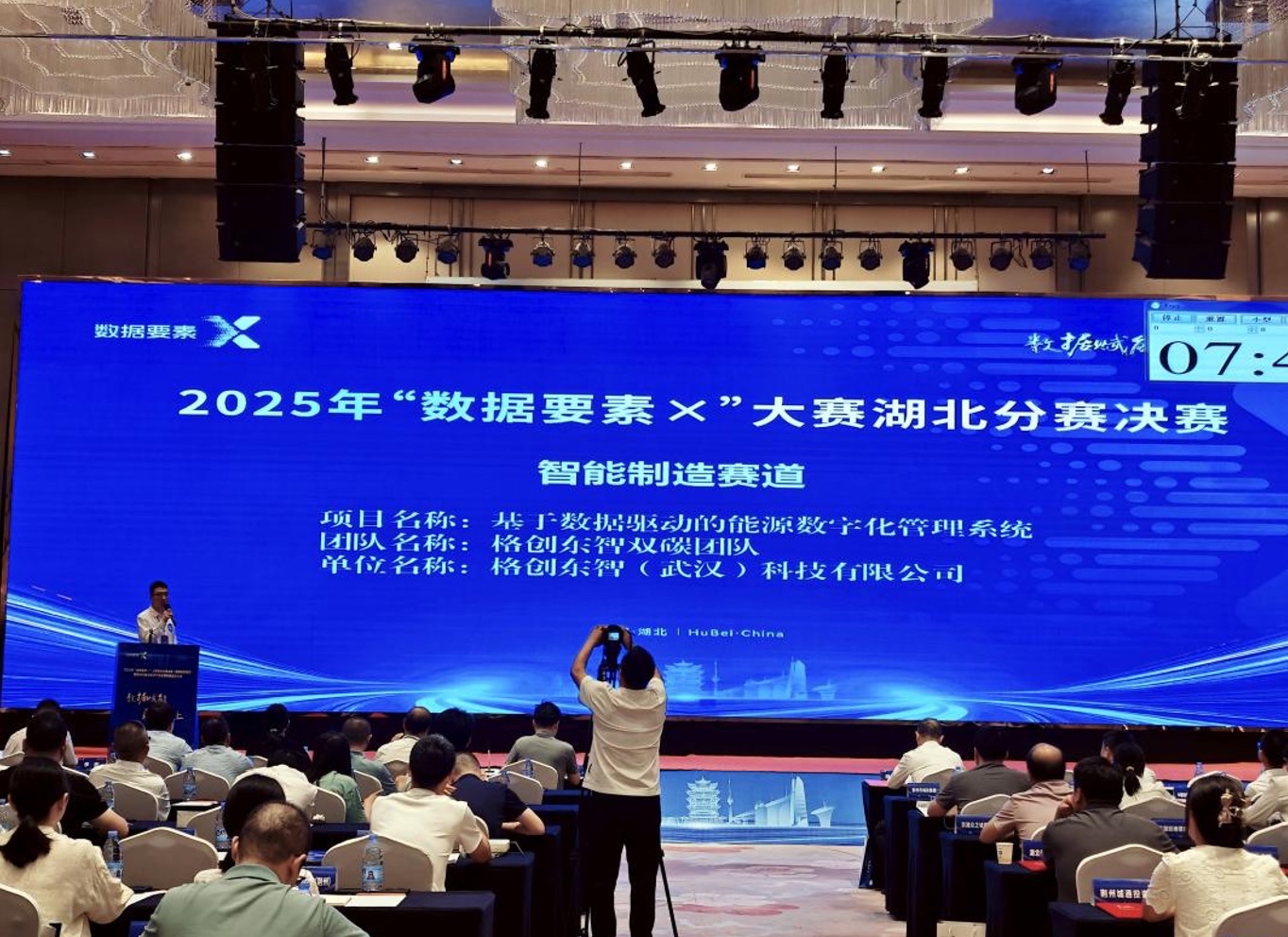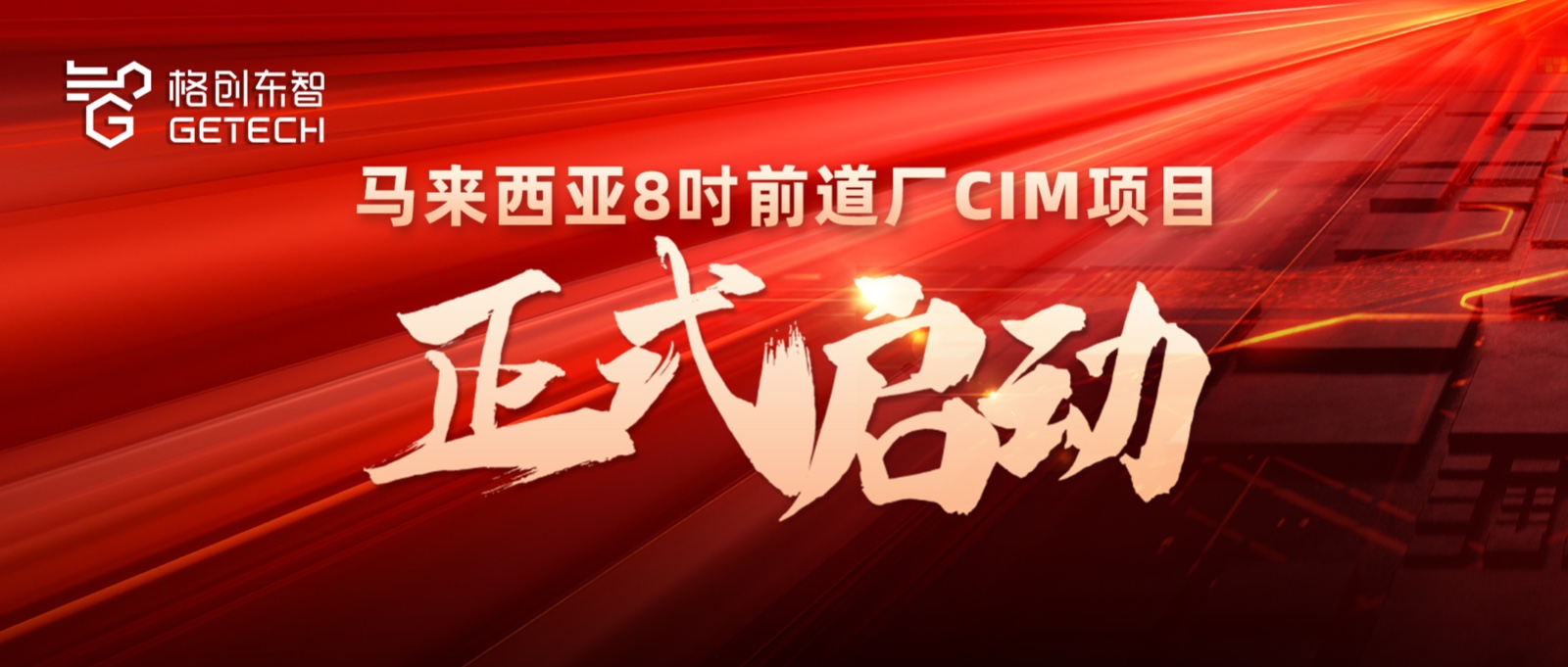Leading Industrial Intelligence Provider GTRONTEC Showcases at '2021 AI and Robotics Application Summit'
On November 23, the '2021 Artificial Intelligence and Robotics Application Summit' with the theme 'Smart Manufacturing Leads Innovative Development' kicked off in Guangzhou.
Dr. Li Nan from GTRONTEC was invited to participate and delivered a keynote speech titled 'Leveraging Digital and AI Technologies to Facilitate Manufacturing Transformation and Upgrading.' Sharing the stage with Academicians Li Peigen and Luo Xiwen, as well as Dr. Huang Pei, Editor-in-Chief of e-works, Dr. Li exchanged insights and provided new perspectives, ideas, and models for manufacturing enterprises to utilize AI technologies in building smart factories.
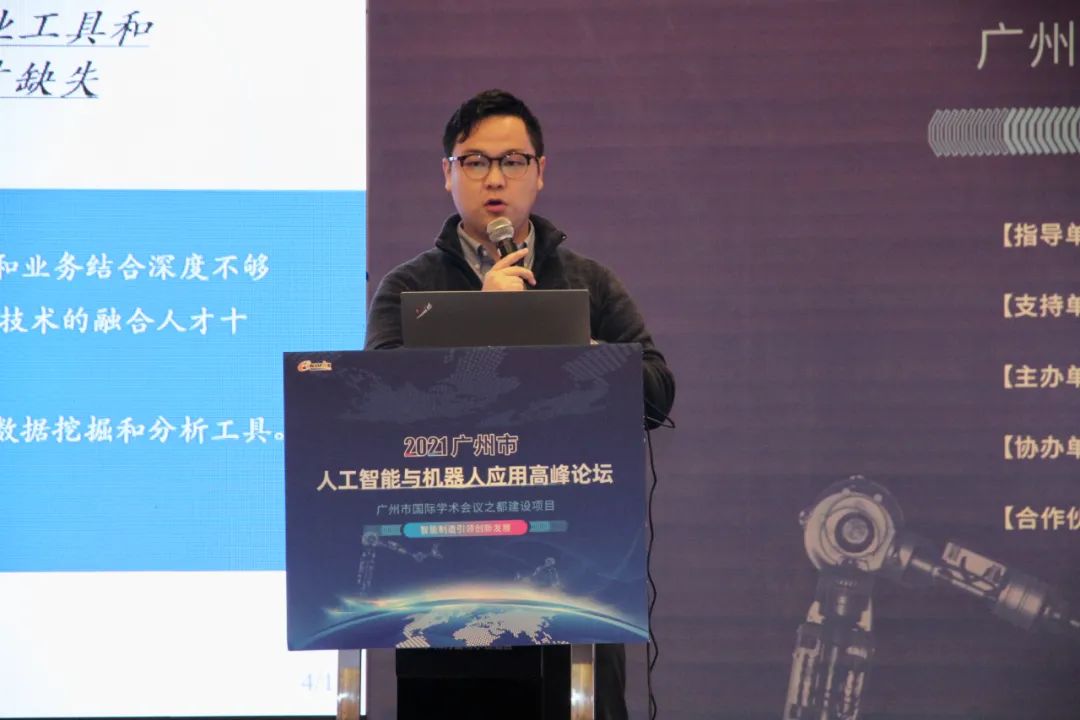
Currently, in the industrial sector, AI cannot be entirely entrusted to computers or deep learning models to output high-quality information related to quality prediction and equipment management without professional knowledge or industrial model inputs. Industrial AI still relies on production data, industry experience, and 'human-machine collaboration mechanisms' to achieve data-driven intelligent optimization decisions in manufacturing processes and unleash the value of data.
The essence of enterprise intelligence lies in the gradual iterative upgrade through six steps: recording, connecting, visualizing, analyzing, predicting, and self-adapting, albeit at different scales and scopes (from equipment to workshops to factories). Most companies are still at the visualization stage, with very few able to advance to data analysis and predictive guidance.
The core reasons for this phenomenon are the numerous challenges in applying AI technologies in manufacturing, which can be summarized into four points: weak data foundation, low application sensitivity, data complexity, and a lack of professional tools and talent.
Benchmark Cases
Providing Templates for AI Technology Applications
Taking GTRONTEC's development of a smart factory for a high-tech manufacturing enterprise as an example, multiple key applications were gradually implemented based on the overall development strategy—'Three Transformations and Four Steps' (Three Transformations: automation, digitalization, intelligence; Four Steps: automation, IoT, big data, smart manufacturing)—to drive the construction of the smart factory.
01 Industrial IoT Platform Lays a Solid Data Foundation
This manufacturing enterprise features high automation, high production rhythm, nearly optimal yield efficiency, and significant downtime losses, making it essential to leverage data value efficiently. The industrial IoT platform built by GTRONTEC aggregates previously uncollectible production data, enabling applications such as predictive equipment maintenance and production environment monitoring to enhance data utilization value.
02 Data Middle Platform Supports Upper-Level Applications
After data collection via the industrial IoT platform, the data middle platform performs data analysis to support upper-level applications such as production analysis platforms, operational analysis platforms, and intelligent analysis platforms.
03 Key Applications Gradually Rolled Out
GTRONTEC developed multiple intelligent applications for the enterprise, gradually forming a 360-degree quality monitoring and management system: industrial big data applications (e.g., GTRONTEC Multi-Factor Analysis Modeling Tool MFA) to maximize yield; visual inspection applications (e.g., GTRONTEC Visual Inspection System, ADC System) to establish self-learning models for uninterrupted and accurate AI image recognition; predictive equipment maintenance applications (e.g., GTRONTEC Equipment Health Management EHM) to detect equipment abnormalities in advance and reduce downtime losses; energy management applications (e.g., GTRONTEC Smart Energy Management EMS) to provide an integrated energy service platform, reducing energy consumption and improving energy efficiency.
...
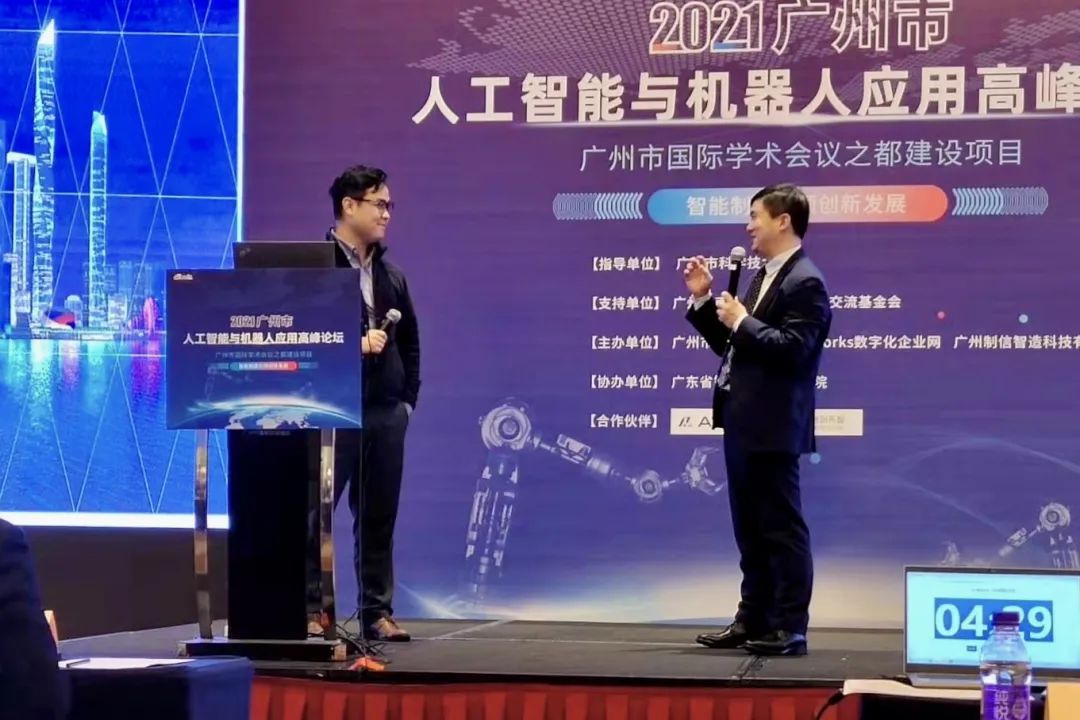 *Dr. Huang Pei, Editor-in-Chief of e-works, interacts with Dr. Li Nan on stage
*Dr. Huang Pei, Editor-in-Chief of e-works, interacts with Dr. Li Nan on stageTips for AI in Facilitating Smart Factory Construction
To better leverage AI technologies for smart factory construction, GTRONTEC summarizes the following four experiences:
01 Focus on Core Business Scenarios
Manufacturing enterprises' 'KPIs' can be summarized into four keywords: QCDI (Q-Quality; C-Cost; D-Delivery; I-Innovation). Enterprises need to identify the most critical pain points in their smart factory construction and tailor AI solutions accordingly.
02 Organizational and Cultural Transformation
As mentioned in previous discussions, it is recommended that enterprises establish a smart manufacturing promotion department, whether virtual or physical, by selecting 1-2 key users from all relevant departments such as IT, quality production, and supply chain logistics. These individuals will jointly formulate the enterprise's smart manufacturing promotion strategy for the next 3-5 years. This division of labor ensures effective promotion and replication of smart manufacturing.
Taking TCL's transformation as an example, TCL externally incubated the independent industrial internet company GTRONTEC, forming an 'iron triangle' with its internal digital committee and subsidiaries. This is a key reason for TCL's successful intelligent transformation and significant achievements.
03 Empower Frontline Production Engineers
Ultimately, smart factory construction aims to empower frontline production engineers, enabling them to understand data and equipment even without extensive IT expertise. This allows for quick responses or preemptive actions during production process or equipment failures, or even before failures occur, which is where smart factory construction generates the most business value.
04 Professional Technical Platform Support
By providing frontline production engineers with professional tools, data aggregation, visualization, and value mining can be achieved. This process internalizes human experience, eventually forming a model library沉淀 on a professional technical platform, enabling a shift from experience-dependent decision-making to intelligent decision-making.

